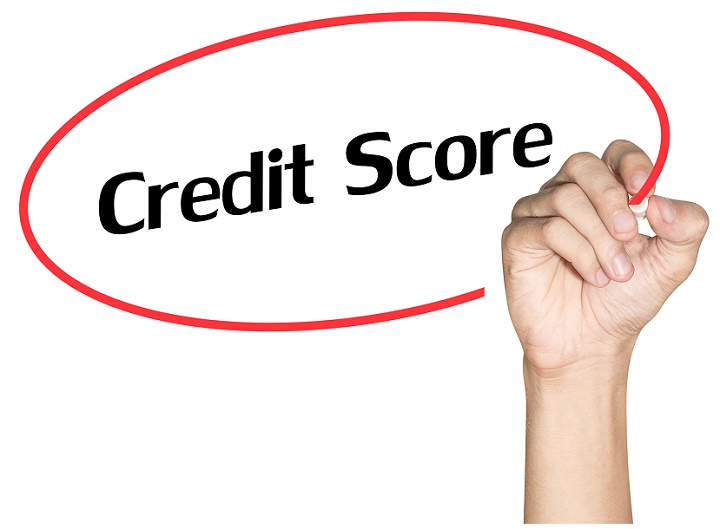Banks and financial institutions have a stringent process of screening the loan applications. They use the CIBIL score of an individual to check his credit worthiness. CIBIL (Credit Information Bureau of India) acts like a central database of loan and credit card information. Based on the payment records of customers it calculates a CIBIL Score and prepares a credit report which is then used by the banks to assess the loan eligibility. Given the fact that the CIBIL score is the first major deciding factor on whether you qualify for a loan or not it is imperative for you to have a good CIBIL score. Let’s understand the factors that affect your credit score.
Repayment History
The most critical factor that determines CIBIL score calculation is the past track record of payments. Almost 30% of the score depends on this factor. A history of timely payments of credit card bills and EMI’s indicates that the borrower is responsible and serious about servicing his obligations. It represents a healthy financial state of an individual. Hence it positively impacts the CIBIL Score. Defaults on bill payments or loans affect the score negatively. They point out that either you are not serious about repaying your current debts or you are facing financial difficulties.
Even a single missed payment can bring your score down. Therefore pay EMI’s and clear bills before the due date consistently in order to build and maintain a good credit history. Set payment reminders so that you do not have to pay the price of being forgetful.

Credit Utilization
Credit utilization rate is the second significant factor that controls 30% of your credit score. It is calculated by dividing the total amount of debts you owe to lenders with the total credit limit you enjoy. The lesser the rate higher the credit score. Credit utilization rate of 30% or below will lead to good credit scores. A person who is in the habit of using his credit card limit to the maximum will have a huge repayment burden over time and will be considered as a risky borrower. Sticking to the lower side of the available credit limit will help to boost your scores.
Age of credit history
The age of the credit history is an important factor when it comes to calculating the CIBIL Score. About 15% of the credit score depends on the period for which you have been servicing your debts. If you have a long credit history and you are making timely payments of dues then your credit score is bound to soar high. This is because you have substantial information to prove your credit behaviour. Lenders can see your repayment patterns over a long period and be assured that you are handling your debts responsibly. Hence it is always a good idea to keep all your old accounts open as they provide extensive details on your debt servicing patterns.
Credit mix
The mix of secured and unsecured loans that your credit profile reflects has a 10% bearing on your CIBIL score. Home loans and car loans are considered as secured loans while personal loans and credit cards are unsecured loans. A healthy assortment of both these credit types will help you score high on this ground. An individual with a high percentage of unsecured loans is likely to have a lower score. This is because these unsecured loans have high interest rates attached to them and lead to increased chances of defaults. Lenders are wary of extending loans to such people as it is considered as a sign of mismanagement of personal finance.
Not checking the credit report
It is advisable to check your credit report every six months to uncover any errors that may have gone on records. If you do not get faulty information on the report rectified it will have a bearing on the CIBIL score.
This understanding of what goes into the calculation of the CIBIL score can be leveraged to identify steps that you need to take to improve your credit score. Pay your bills on time, keep the credit utilization rate low, maintain a healthy mix of accounts, and check your credit report regularly. These efforts will help to boost your credit score and acquire loans without any worries.
Written by Arun Ramamurthy, author of “Unlock the Power of Your Credit Score” : India’s first book on credit scores.
SUGGESTED ARTICLE ON ABOVE TOPIC




